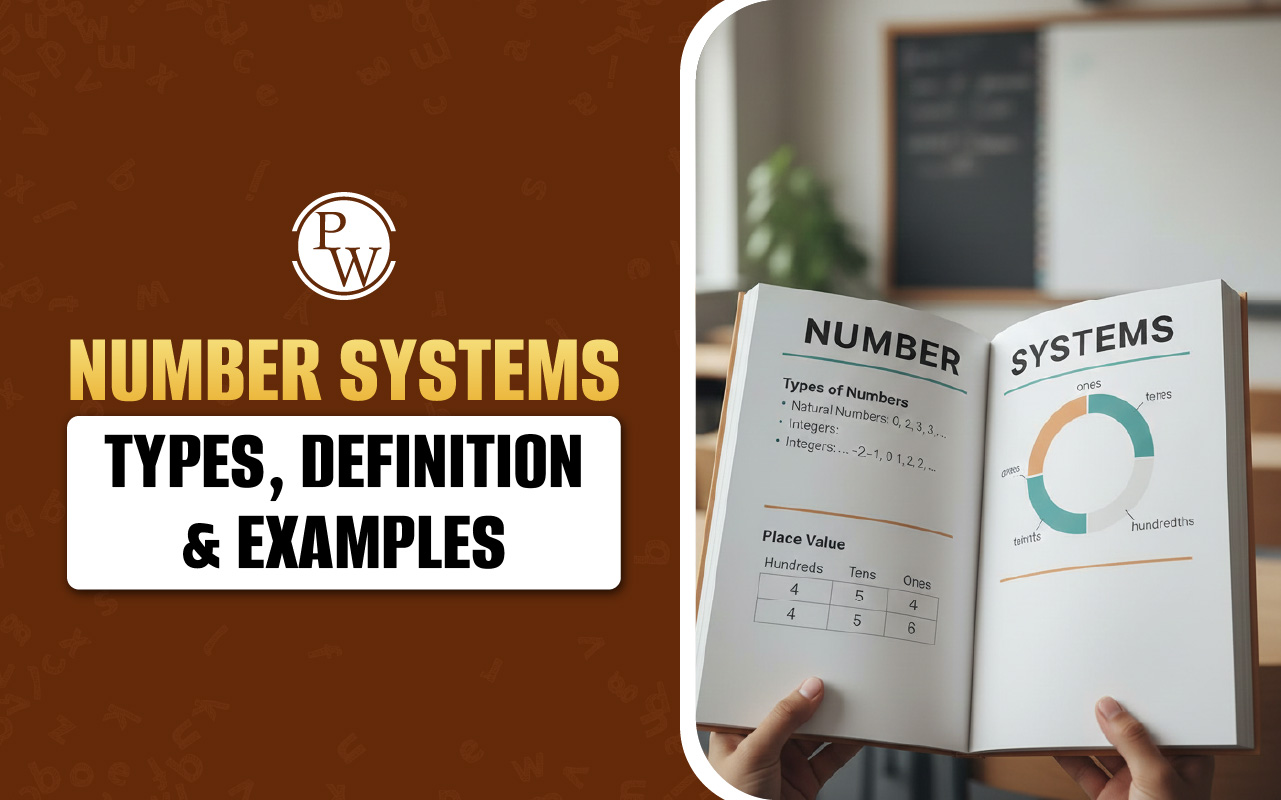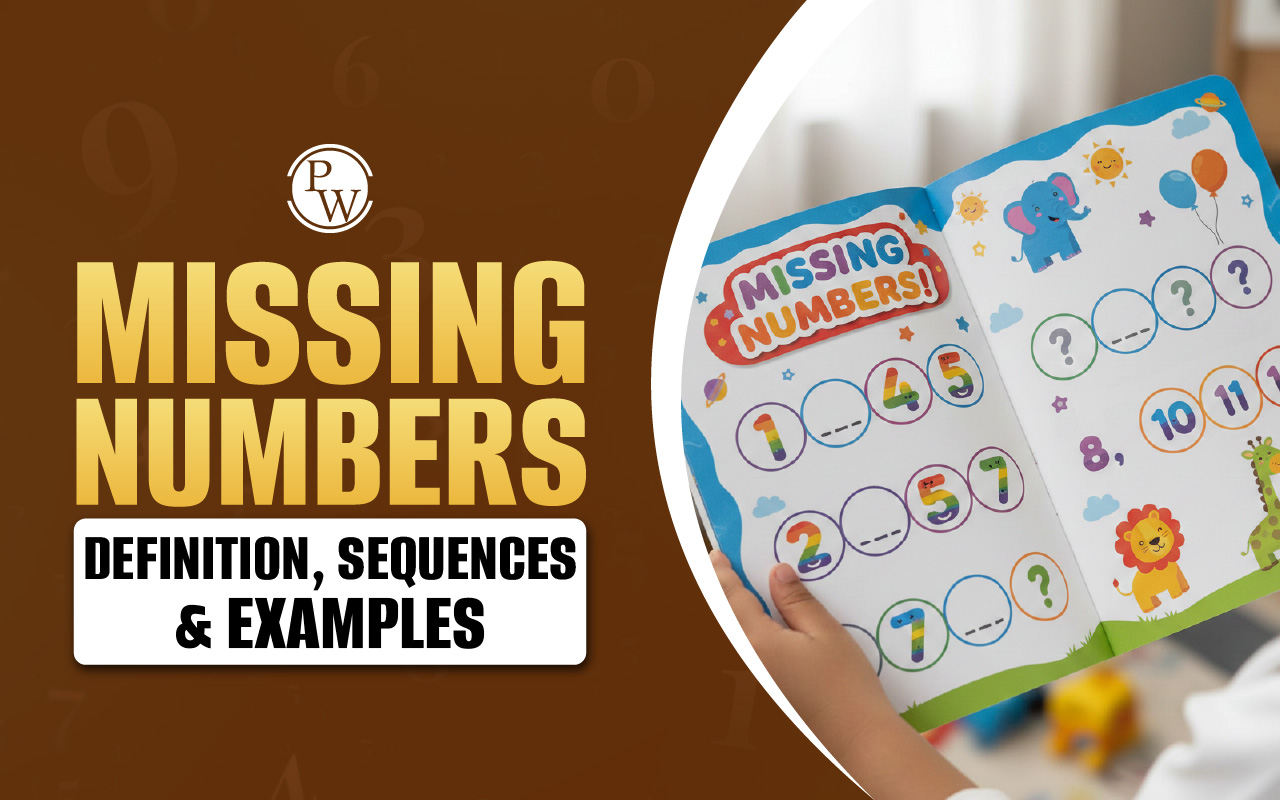
A well-written speech that resonates with the occasion and the audience can make a lasting impression. You may be participating in a debate or addressing a group at a school function; when you know how to write a speech, you become confident that your presentation will make a great impact.
In this blog post, we'll take you step-by-step through the process of speech writing to help you acquire a useful skill that can help you stand out with an impressive verbal communication of ideas, thoughts, and information.
Read More: Article Writing Format
What is Speech Writing?
A speech is a presentation given to an audience to express your ideas, share information, or make them aware of a certain topic. Speech writing involves developing a clear, organized script to memorize and deliver before a gathering.
The speech writing must focus on the purpose of your speech. It involves planning the content, choosing the right tone, and structuring the speech so the message is communicated clearly to the audience.
How Do We Write a Speech: A Step-by-Step Guide
A good speech writing requires a structured approach with some systematic execution of steps. Here is a guide to help you prepare an effective speech from the initial concept to the final delivery:
Understand the Purpose of Your Speech
The first step is to be very clear about the purpose of your speech. Consider whether you aim to inform, persuade, or entertain your audience. Your speech format, approach, and structure will vary according to your purpose.
For example, a keynote address given on the occasion of the annual day in school must be different from a speech given at the assembly to persuade students to save our environment.
Know Your Audience
Write your speech keeping your target audience in mind. You must be clear who you are going to address. Consider their age group, interests, and level of understanding of the topic.
The language, tone, and format of your speech will vary depending on the nature of the audience. A speech meant for students must be written differently from a speech to be delivered before the school management.
Choose an Appropriate Topic
Structure the speech based on a topic that you are passionate about. As a speech writer, you must be involved with the theme. It makes your speech more engaging and impressive.
Brainstorm ideas based on your interests, current events, or common issues with which the audience can easily relate. A topic is given; you can explore details about the topic and structure your speech around it. Make sure your speech is easy to follow and impactful.
Read More: English Speech Topics for Students
Research and Gather Supporting Material
After selecting the topic, it's time to research and gather facts, statistics, examples, and related stories. Collect information from credible sources to make sure they are authentic and up-to-date. Some of the good supporting materials are:
-
Real-life incidents or personal experiences
-
Views from well-known figures
-
Facts, data, or statistics from reliable sources
-
Examples from books, films, stories, or news
Create a Speech Format
Knowing how to make a speech is very important for organizing and presenting your ideas in a structured way. A well-written speech is based on the format as follows:
Introduction: The introduction must grab the audience's attention with a question, quote, or story. Align it with the theme and the purpose of your speech.
Body: Discuss the main points distinctly using clear examples, evidence, or data. Make smooth transitions between points so listeners don't feel disconnected or confused.
Conclusion: Summarize your key ideas and emphasize the core message. Conclude the speech with a statement that can make an impact in connection with the purpose of the speech.
Write a Strong Opening
The first few seconds of the speech are important to capture the audience's attention. It decides whether they will focus on the same or not. So, you must begin your speech with a catchy opening statement that sets the tone.
Here are some tips to start your speech that motivates the audience to keep listening:
-
Ask a thought-provoking question that creates interest and curiosity
-
Share a surprising or interesting fact to draw attention instantly
-
Use a personal story or experience to help listeners connect to you
-
Begin with a quote that fits well with the topic and the audience.
Keep the opening compact and relevant, and make it flow smoothly into your speech's body.
Develop the Body with Clear Points
The body of the content is the main part of your speech. Here, you explain the points, express your views, and support them with evidence.
Here's how to develop your main points effectively:
-
Stick to 2–4 major points and don't overload your speech with too many ideas.
-
Mention each point, support it with data or facts, and explain its relevance.
-
Write your speech in simple language with short sentences to convey your message.
End with an Impactful Conclusion
It's natural for people to remember the last things you say. So, conclude your speech in a way that reinforces your message. Make your conclusion powerful. End with a thought-provoking quote, a question, or a call to action to make it more impactful and memorable.
Edit and Revise
After writing the first draft, read your speech thoroughly and ask yourself the following questions:
-
Does it sound natural and authentic?
-
Are the sentence structures and choice of words easy to understand?
-
Are the ideas represented seamlessly?
You can edit your speech accordingly to serve the desired purposes appropriately. You can take feedback from a friend, mentor, or teacher.
Read More: First Person, Second Person, and Third Person
Tips for an Effective Speech Delivery
Writing your speech is only half the journey. You must deliver it confidently to your audience to effectively communicate your writing. Here are some tips on how to make the speech delivery more engaging:
-
Maintain eye contact with the audience
-
Use natural gestures and positive body language
-
Vary your tone and pace to avoid monotony
-
Adjust your timing so that the speech fits within the allocated duration
Learning how to write a speech is an interesting journey toward becoming a confident and acknowledged speech writer. It requires a structured approach to identify and connect the audience with engaging content. Make the speech simple and relevant, speak authentically, and showcase your confidence.
Also read: What is a Metaphor?
Enhance Your Child’s English Skills with CuriousJr Online Tuition
Does your child hesitate while speaking English, struggle with grammar, or find writing tasks difficult? CuriousJr Online English Classes help students overcome these hurdles and gain fluency and confidence in English.
How is CuriousJr’s English online classes different?
-
Lessons are structured to match the school curriculum of any board, making learning more relevant and result-oriented.
-
Daily interactive live sessions keep students engaged while building consistency and discipline in learning.
-
Every session includes dedicated teachers to ensure personal attention and instant doubt clarification.
-
Regular assessments and personalised improvement plans help students progress with motivation and confidence.
-
Lessons are customised based on individual learning styles and capabilities, which helps in better understanding.
At CuriousJr, our fun and engaging learning approach helps students build a strong vocabulary, master grammar, and improve speaking and writing skills. Book a demo class for English tuition and let your child take the first step toward English proficiency.
Write a Speech FAQs
Is self-introduction required while beginning a speech?
What should be the duration of a typical speech?
Can we use uncommon words or jargon in a speech?
Why is the pace of speech important?








